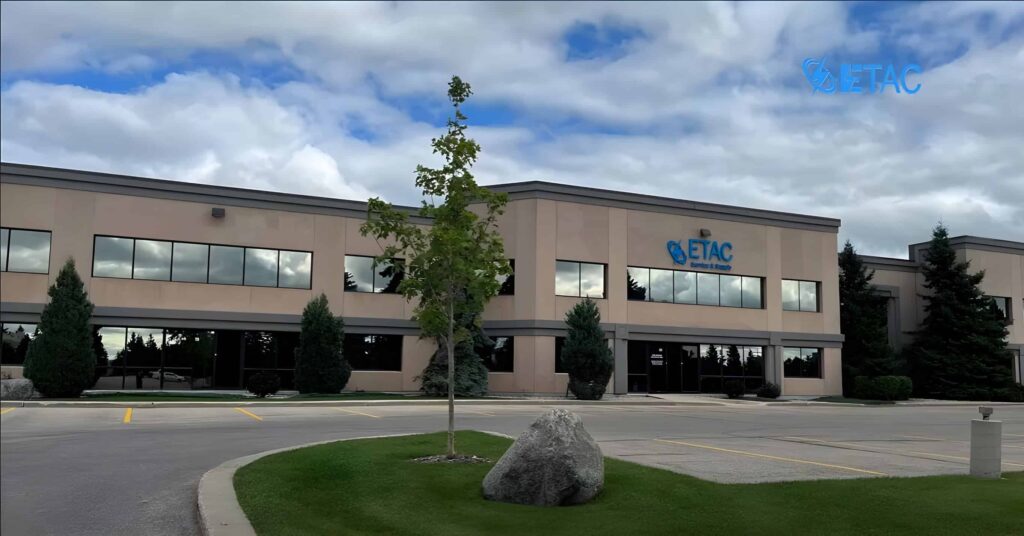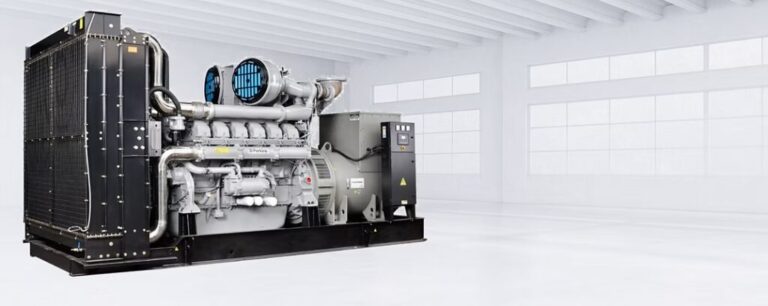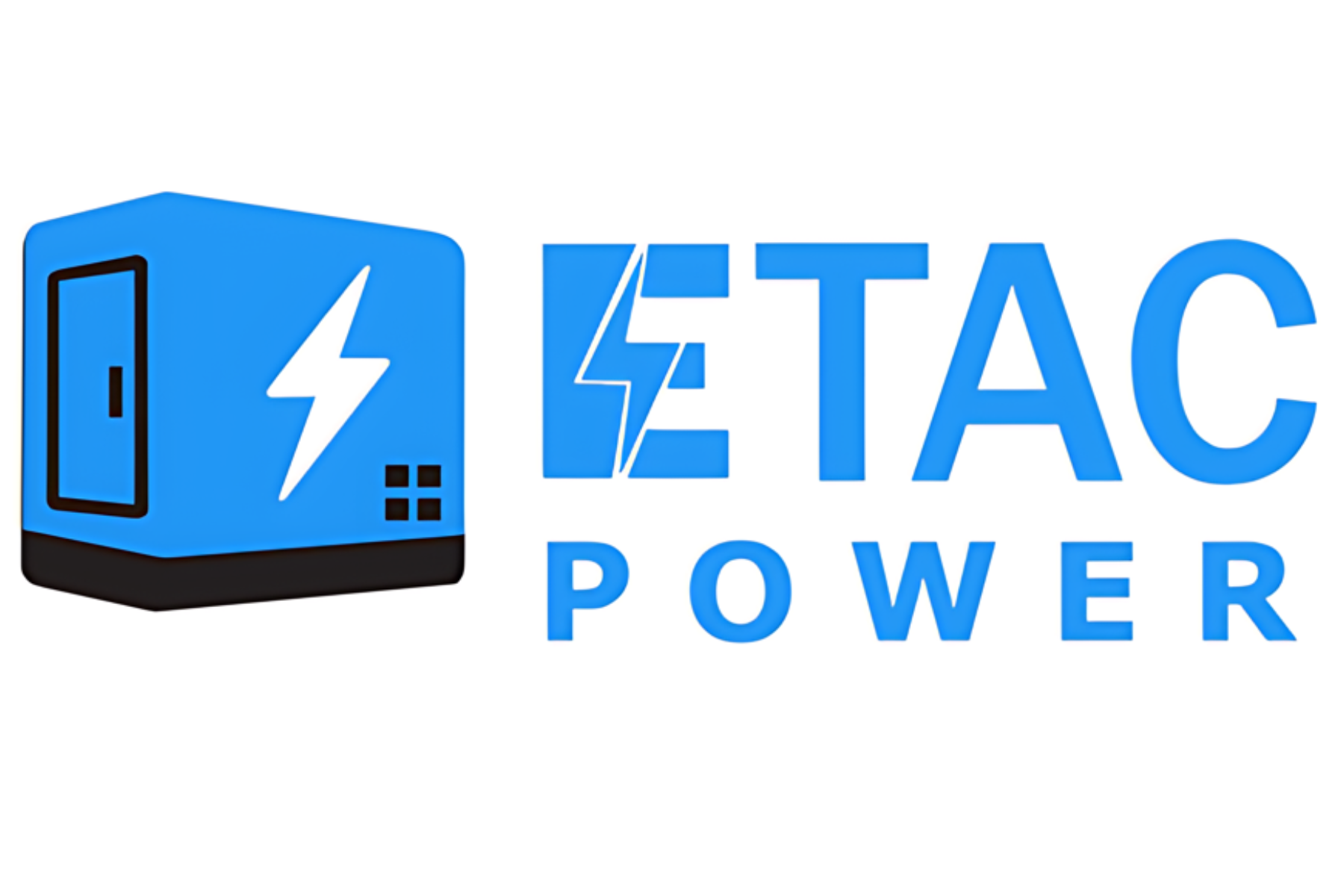Natural Gas Generator for Home: How to Choose the Right Size


When power outages occur, having a reliable backup system can mean the difference between comfort and disruption. A natural gas generator for home provides you a dependable and efficient solution, ensuring your lights stay on, your appliances keep running, and your household remains comfortable during emergencies. Unlike portable gasoline models, these generators connect directly to your home’s natural gas line, eliminating the need to store fuel and offering virtually unlimited runtime.
Before investing in one, it’s important to understand how natural gas generators work, the benefits they provide, and the key factors to consider when choosing the right model for your home. To explore natural gas generator , view our natural gas generator product line designed for industrial and utility needs.
Why a Natural Gas Generator for Home is a Smart Investment
A natural gas generator for home isn’t just about convenience — it’s about preparedness. Severe storms, utility failures, and infrastructure issues can cause prolonged blackouts, sometimes lasting hours or even days. In such cases, relying solely on flashlights and battery packs isn’t enough.
Natural gas generators offer many advantages over other types of backup power solutions:
- Fuel Availability – With a direct connection to your existing natural gas supply, you don’t need to worry about refueling during extended outages.
- Lower Maintenance – Natural gas burns cleaner than diesel or gasoline, reducing carbon buildup in the engine and lowering long-term maintenance costs.
- Quieter Operation – These generators typically operate at a lower noise level, making them less disruptive in residential areas.
- Automatic Operation – Many models can be paired with an automatic transfer switch (ATS), which detects a power outage and starts the generator without any manual input.
For households in areas with frequent outages or extreme weather conditions, a standby natural gas generator for home can be a long-term safeguard for both comfort and safety.
How to Choose the Best Size and Capacity?
Selecting the right size is one of the most important steps in purchasing a home backup generator. If your generator is too small, it won’t power all your essential appliances. If it’s too large, you could end up spending more than necessary on both the initial purchase and operating costs.
Here’s how to determine the right capacity:
Steps to Sizing:
- List Your Essentials – Identify the appliances and systems you can’t be without during an outage: refrigerator, HVAC system, sump pump, lights, Wi-Fi, and medical equipment.
- Calculate Total Wattage – Check each appliance’s running and starting wattage. Some appliances, like air conditioners, require more power to start than to run continuously.
- Choose a Matching Generator Size – For most medium-sized homes, a generator in the 7–14 kW range will cover essentials. Larger homes or those with high-energy systems like central air may require 20 kW or more.
A certified electrician can perform a load analysis to ensure you choose the correct standby natural gas generator for your needs.
Installation Considerations
Installing a natural gas generator for home involves more than simply placing it in your backyard and connecting it to your gas line. Proper installation ensures safety, efficiency, and compliance with local regulations.
Key installation points include:
- Permits and Codes – Many municipalities require permits for generator installation, and your setup must meet local building and electrical codes.
- Location – Generators should be placed on a stable, level surface, ideally on a concrete pad, with adequate clearance for ventilation.
- Gas Line Capacity – Your existing gas line must be able to handle the additional load of the generator without affecting other household appliances.
- Electrical Connection – An automatic transfer switch should be professionally installed to ensure a seamless transition between utility power and generator power.
Hiring a licensed installer ensures your generator is set up correctly and minimizes the risk of operational issues down the line.
Maintenance for Long-Term Reliability
Routine Service:
Even though natural gas generators are known for their low maintenance, they still require periodic checks to remain reliable.
Recommended maintenance includes:
- Regular Oil Changes – Follow the manufacturer’s schedule, typically after every 100 to 200 hours of use.
- Air Filter Replacement – Clean or replace filters to maintain airflow and prevent engine strain.
- Spark Plug Checks – Worn spark plugs can cause misfires and reduce performance.
- Test Runs – Run the generator for a short period every month to ensure it’s ready when needed.
Many homeowners choose an annual service contract with a certified technician to handle these tasks, ensuring the home backup generator stays in top shape.
Natural Gas Generator for Home Cost and Value Over Time
While the upfront cost of a natural gas generator for home can be significant, the long-term value often outweighs the initial expense. Beyond the obvious benefit of uninterrupted power, having a generator can protect expensive appliances from power surge damage, prevent food spoilage, and even increase property value.
In areas prone to frequent or extended outages, a generator can also save money by preventing hotel stays or lost workdays.
A natural gas generator for home is more than just a convenience — it’s an investment in peace of mind. By choosing the right size, ensuring proper installation, and keeping up with maintenance, you can have a reliable source of power for years to come. Whether you opt for a compact model that powers only the essentials or a larger standby natural gas generator that keeps your entire home running, you’ll be prepared for whatever the grid throws your way.
FAQs: Natural Gas Generator for Home
How many kW do I need for a typical home?
Small homes may need 5–10 kW, medium 10–20 kW, large 20–40 kW+. Always add a ~20% safety margin.
Can a natural gas generator run continuously?
Yes, with a stable gas supply and proper ventilation, it can run for days or weeks. Follow maintenance intervals.
Is an Automatic Transfer Switch (ATS) necessary?
Yes. An ATS enables safe, automatic switching between grid and generator power during outages.
